Chairman of the Vietnam Young Entrepreneurs Association, Mr. Dang Hong Anh, has just proposed to abolish old-fashioned security check procedures such as taking off shoes and belts at airports. He believes that these procedures are no longer suitable for modern technological conditions, causing great waste of time and costs for the whole society.
Speaking to a reporter from Nguoi Lao Dong Newspaper , Mr. Dang Hong Anh emphasized that maintaining manual security check procedures not only reduces the passenger experience but also causes economic losses.
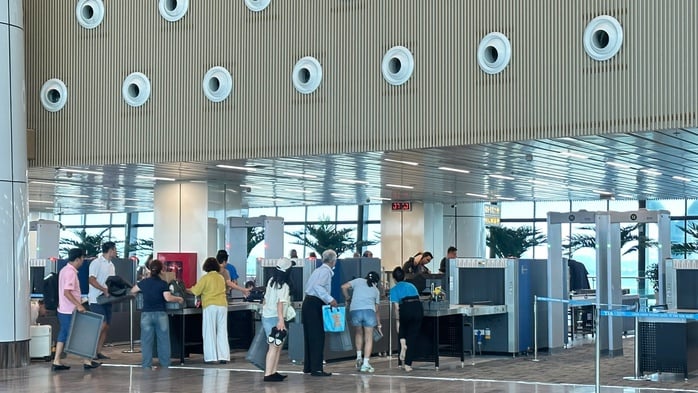
Passengers check security at Tan Son Nhat airport
According to statistics from the Vietnam Airports Corporation, the total number of passengers passing through the airport system in 2024 will reach 109 million. On average, every 5 minutes, more than a thousand passengers pass through the airports, creating great pressure on the security check system.
Every year, nearly 150 billion VND is lost due to airport security check procedures.
Mr. Dang Hong Anh pointed out that with each passenger having to spend 3 to 4 minutes on steps such as removing shoes, belts, watches or coats, the total wasted time in a year can be up to more than 7 million labor hours. If converted according to the current minimum hourly wage, the economy can lose from more than 110 to nearly 150 billion VND each year just because of unoptimized procedures.
Citing international examples, he said many major airports around the world have eliminated manual screening processes by investing in modern screening technologies.
In the United States, the Transportation Security Administration has implemented the TSA PreCheck program, which allows pre-registered passengers to pass through security without removing their shoes, belts, or electronic devices from their luggage. The average time to complete security procedures under this program is just under 10 minutes.
Not only in the US, major airports in Europe are now using CT scanner technology to check carry-on luggage without requiring passengers to take out liquids or laptops. In Asia, Changi Airport in Singapore applies a new generation of smart security control system, combining artificial intelligence and modern sensors, allowing for quick processing while still ensuring absolute safety.
The International Civil Aviation Organization has also recommended that countries should switch to a risk-based security screening model instead of mass screening, to reduce pressure on airports and improve the user experience.
Save time but still ensure safety
Mr. Dang Hong Anh affirmed that Vietnam can absolutely learn and apply these models if there is consensus and participation from functional agencies such as airport security, customs, port authorities and related ministries.
According to him, if implemented properly, with a roadmap and suitable replacement technology, current manual processes can be replaced with modern systems that both save time and ensure safety.
He also cited an example that shows that reform is completely feasible. Previously, when Vietnamese airports decided to remove the regulation of checking checked baggage tags before leaving the terminal, this policy received consensus from the people and created positive changes. That shows that if new solutions are deployed reasonably, with alternative technology and coordination between parties, passengers can absolutely experience a more convenient and civilized journey.
It is worth noting that previously, when the authorities decided to remove the regulation of checking checked baggage tags before leaving the airport, this policy received positive support from the people and was strictly followed.
The change not only reduces pressure on security staff but also contributes to shortening check-in times, improving the passenger experience and showing that reform is feasible if implemented properly, with a roadmap and effective alternatives.
Source: https://nld.com.vn/de-xuat-bo-quy-dinh-coi-giay-that-lung-khi-kiem-tra-an-ninh-san-bay-196250801114948583.htm



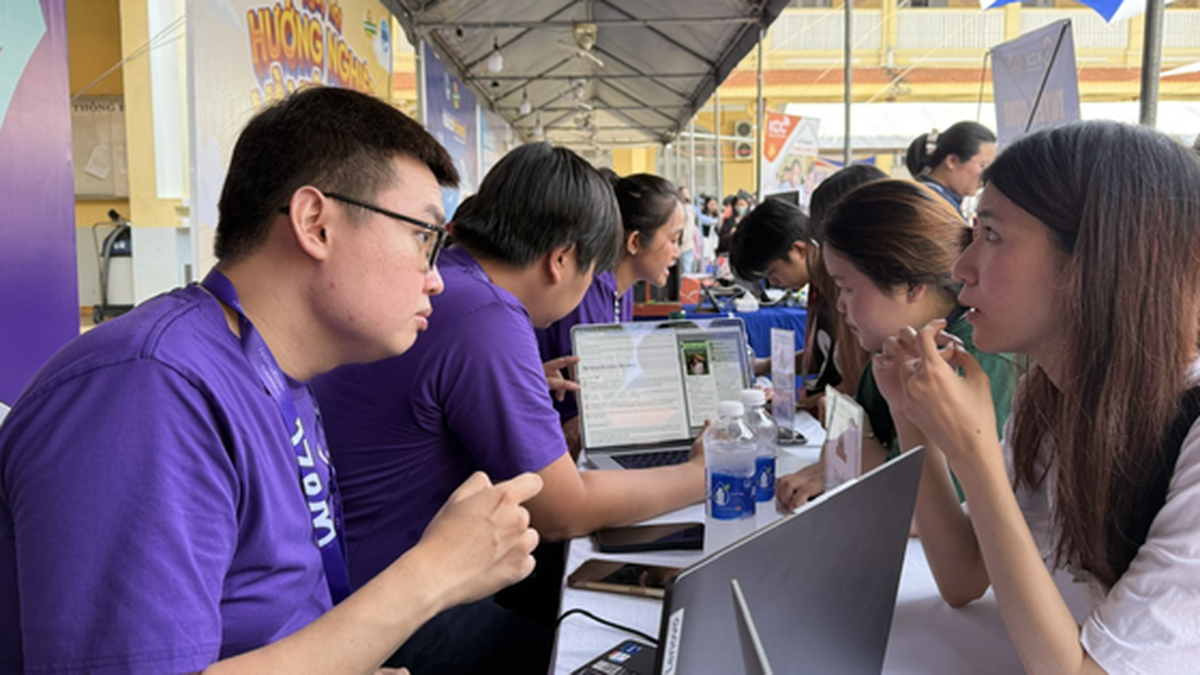


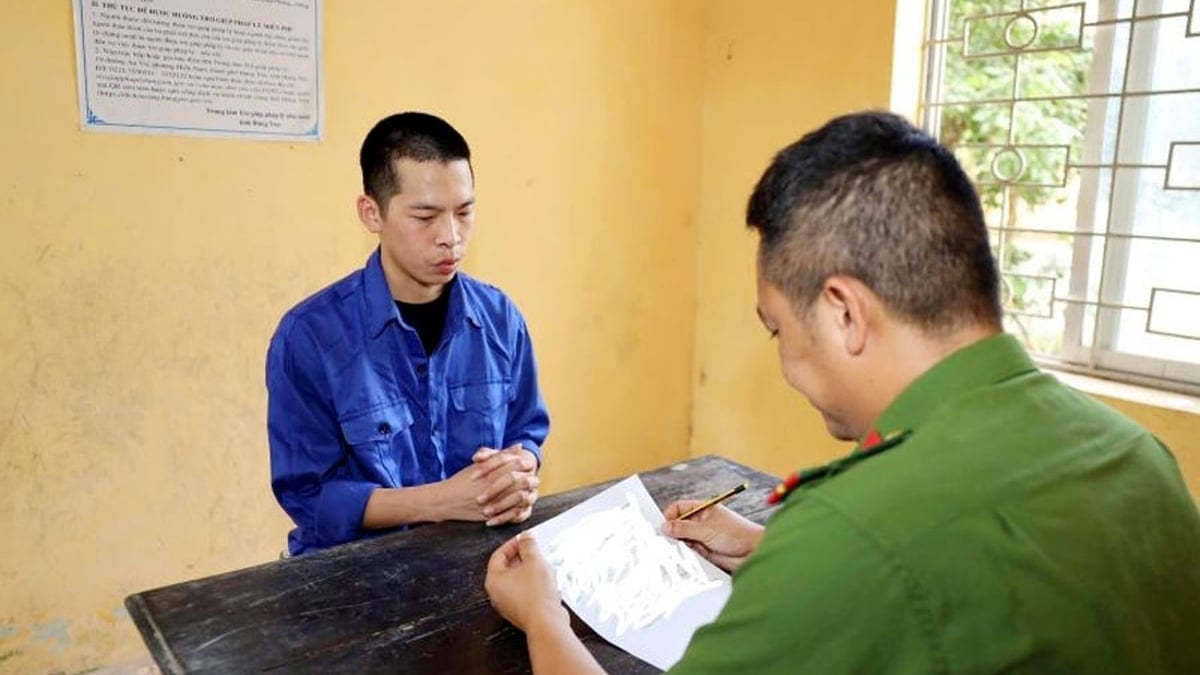

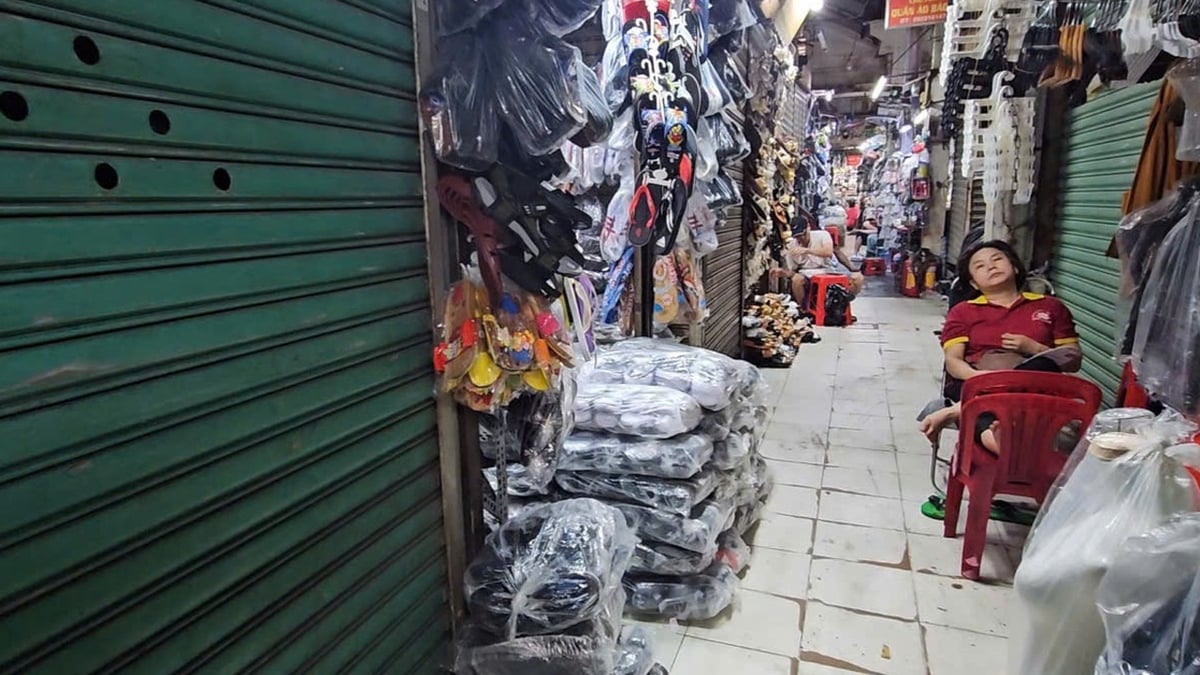

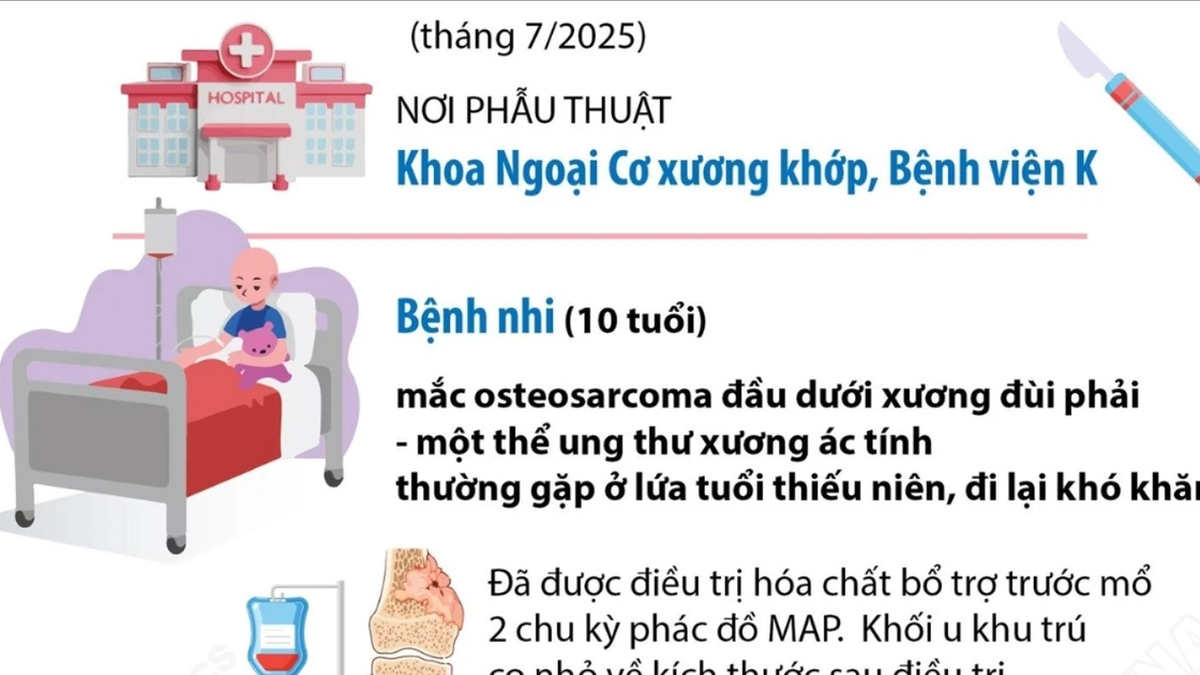





























































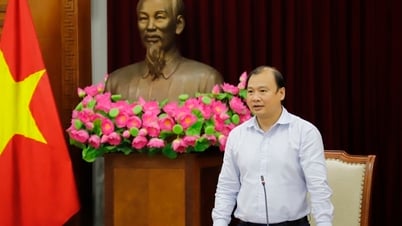

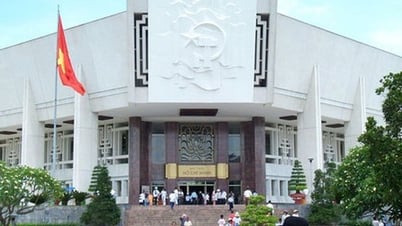



























Comment (0)